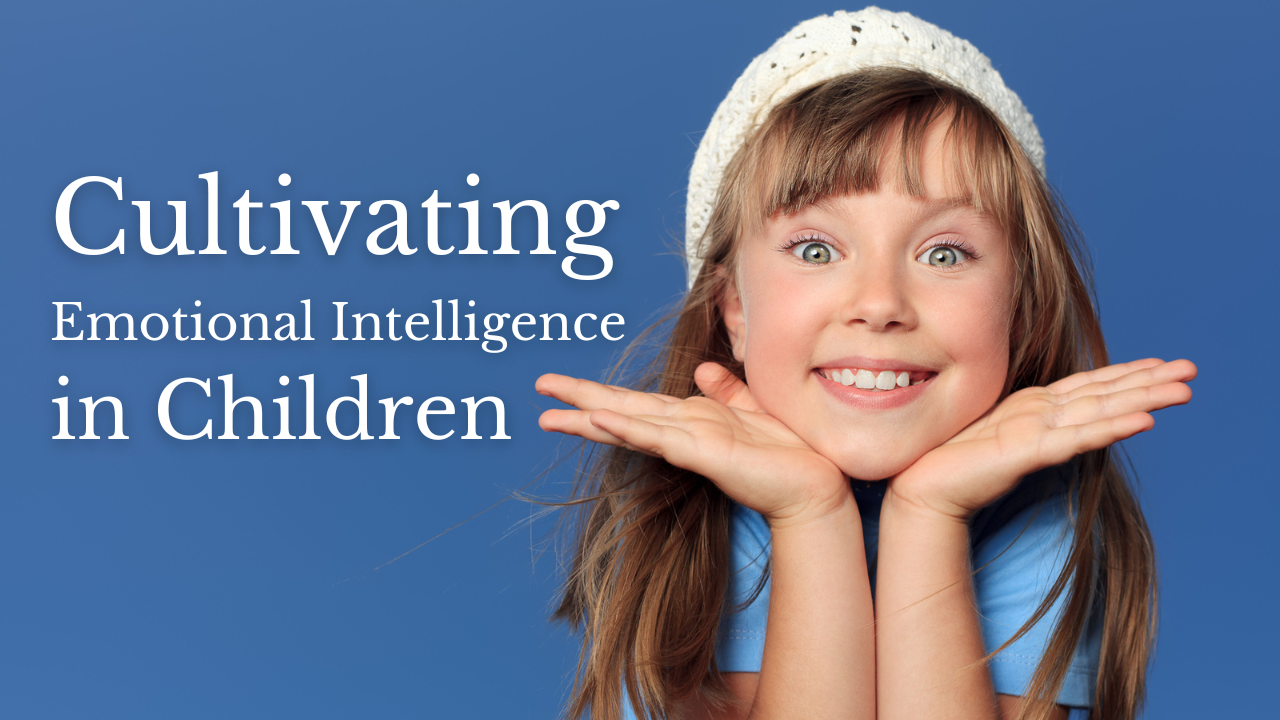Подпишитесь на «Журнал «Financoff»

Navigating the complex terrain of parenting involves guiding your children towards emotional maturity. This guide delves into the essential role parents play in fostering emotional intelligence (EI) in their children, offering insights and practical approaches to help your child develop this critical life skill.
At its core, emotional intelligence is about being attuned to one’s own emotions and the feelings of others. It’s the foundation upon which children build their ability to interact effectively, empathize, and form strong social bonds. Children equipped with a robust EI are better positioned to face life’s challenges, connect with others on a deeper level, and navigate their emotional landscape with confidence and clarity.
From infancy, your interaction with your child shapes their emotional world. How you respond to their emotional displays, comfort them, and express your own feelings sets the stage for their emotional learning. In these early stages, children are incredibly receptive to parental cues and guidance, relying on you to help them make sense of their emotional experiences.
As your child grows, so should your strategies for nurturing their EI. With younger children, focus on helping them identify and understand their emotions. Use daily interactions, such as reading together, to discuss emotions and apply them to real-life situations. For older children, encourage deeper reflection on their emotional responses and the feelings of others. Role-play and creative activities like drawing can be powerful tools for exploring emotional scenarios and appropriate responses.
Children often mirror the behaviors they see in adults, particularly their parents. By displaying empathy, kindness, and understanding in your everyday interactions, you’re providing a live example for your child to follow. Demonstrate compassion when they’re upset and practice empathy and kindness in your dealings with others. This modeling serves as a powerful guide for how your child will engage with the world.
Helping your child manage challenging emotions like anger or frustration is a key aspect of developing EI. Teach them techniques like deep breathing or provide a safe space where they can calm down and process their feelings. Validate their emotions and guide them toward expressing these feelings healthily, such as through conversation or physical activities like sports or creative arts.
Encouraging your child to independently navigate their emotions is a vital part of their emotional growth. Offer guidance and support, but also allow them the space to apply the emotional skills they’ve learned. This balance between support and independence fosters confidence and self-reliance in emotional management.
Your approach to food and mealtimes can significantly influence your child’s emotional development. Be attentive to their hunger and fullness cues, and be mindful of the eating habits you model. Avoid using food as a reward or comfort, as this can create unhealthy emotional associations with food and eating.
Incorporating EI development into your family’s routine can be simple and rewarding. Hold regular family discussions where everyone shares their feelings about their day. Engage in role-playing games to help children practice handling different emotional situations. Encourage journaling, drawing, or other creative outlets for emotional expression. Teach and practice active listening within the family to strengthen emotional understanding and connections.
Your role in nurturing your child’s emotional intelligence is both significant and impactful. Through modeling healthy emotional behaviors, sensitively responding to your child’s emotional needs, and equipping them with the tools to understand and manage their emotions, you’re helping them grow into emotionally intelligent and resilient individuals. Remember, this journey is an ongoing process that evolves alongside your parenting journey. Approach it with patience, compassion, and an open heart, and witness the growth of your child into a well-rounded, emotionally intelligent person.